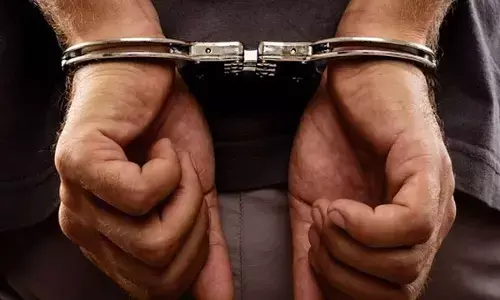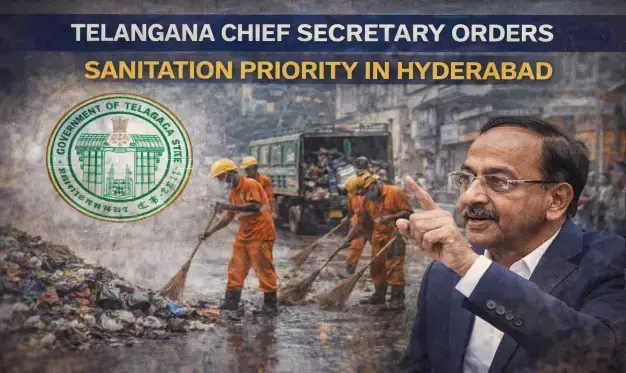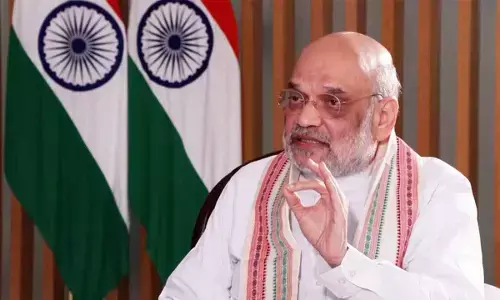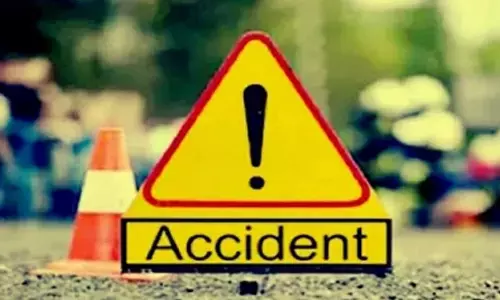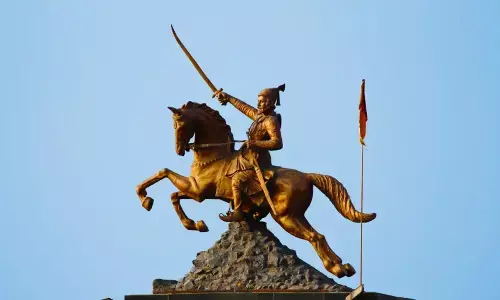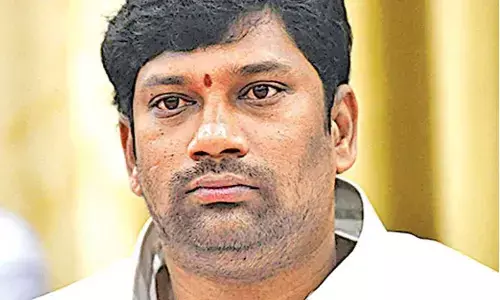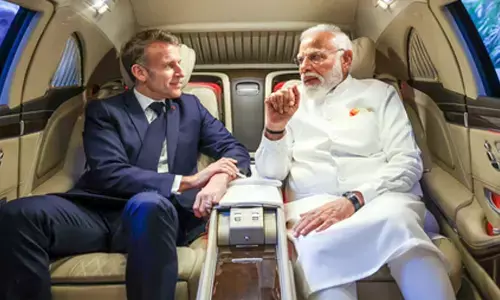Nobody wants to invest in an unstable country
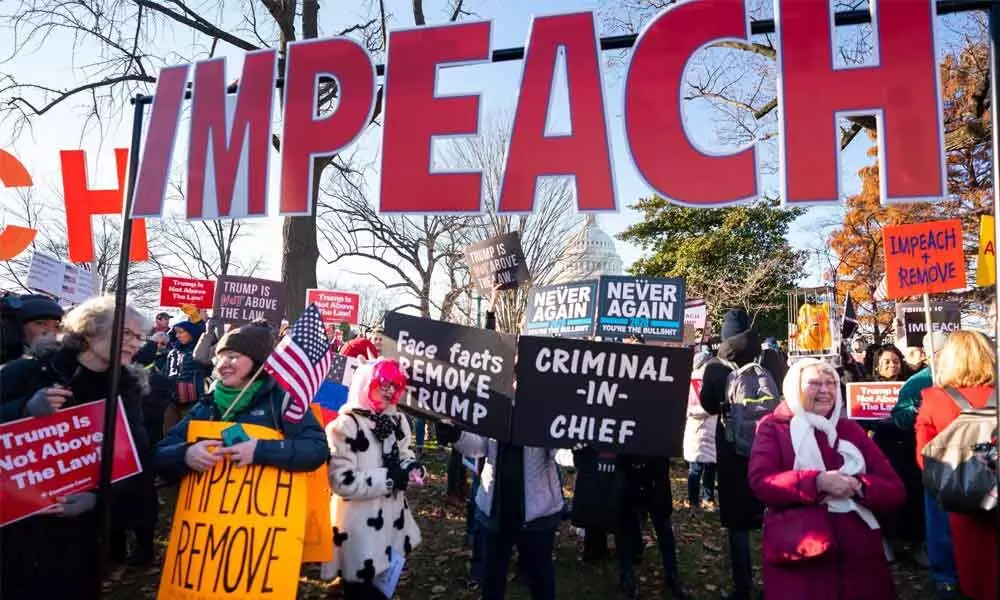
Nobody wants to invest in an unstable country
Political instability might lead to low investment, productivity and growth
Political violence in the US can reduce confidence in the country's stability, adding a risk premium to Treasury bonds and thus undermining the financial system. But that fallout, which I wrote about earlier this week, is far from the only possible economic consequences of the Jan. 6 attack on the Capitol and threats of continuing mayhem. Exports, investment and many other features of the physical economy could be directly affected.
Research has drawn a clear and consistent link between political instability and economic slowdowns. In 2011, the International Monetary Fund looked at a large sample of countries and found that various measures of political instability were correlated with lower subsequent economic growth from 1960 through 2004. An earlier paper by economist Alberto Alesina found similar results. In unstable countries, investment is somewhat lower and productivity growth is substantially reduced.
This makes sense because instability increases uncertainty. If you're a businessperson and you don't know who's going to be in charge of the country in a year, it makes sense not to make any big investments that might be seized by the government, regulated out of existence or destroyed in a wave of violence. Lower productivity can be a result of less investment in new product development and new market entry, a worsening regulatory climate, misdirected investment or a host of other problems.
In the US, fear of political pandemonium could easily dampen entrepreneurship. If you look five years into the future and see the possibility of continuing unrest even if it doesn't reach the threshold of civil war you might think twice about starting a business here. This is especially true for immigrants, who start a disproportionate number of American businesses, and who often have the option of returning to their home countries. Less entrepreneurship means less innovation, slower technological progress and less competitiveness relative to China.
Instability will also hurt US businesses by robbing them of highly skilled labor from overseas. Who wants to move to a country where foreigners might be targeted and attacked? In fact, the Donald Trump era has already seen a big decrease in legal immigration, much of which is of the skilled variety.
Foreign investors, too, will perceive a worsening business climate. Since the 1970s, foreign direct investment has become an increasingly important part of the U.S. economy.
Nobody wants to invest in an unstable country
This includes ventures like Toyota car factories in Kentucky, Airbus factories in Alabama and Volkswagen factories in Tennessee. Those foreign companies employ lots of American workers — about 8.5% of the entire U.S. labor force. If those companies perceive the U.S. as an unstable place, they may decide to put their next factory elsewhere, or even pull out entirely.
Overseas, too, American companies may suffer due to a perception that the U.S. is unstable. Businesses that buy U.S. exports semiconductor manufacturing equipment or construction equipment or computer chips may decide not to enter into long-term relationships with American suppliers. They won't want to be left suddenly bereft of crucial parts or machinery if violence or swiftly changing political winds disrupt American businesses. Reduced exports, again, means fewer jobs and lower wages for Americans.
And this isn't even taking into account the political and institutional ramifications of instability. President Trump's meddling with the Centers for Disease Control during a pandemic demonstrates all too clearly how leaders that arise from civil strife and instability can damage critical institutions for their own political gain. Hugo Chavez' gutting of Venezuela's state-owned oil company is an even more dramatic example.
Government institutions are a critical complement to the private sector. They set the regulatory climate, provide certain critical services and maintain infrastructure. Staffing these institutions with cronies and hacks while purging them of the opposing side's appointees dramatically reduces their competence and vastly increases the uncertainty faced by every business that has to deal with them (which is effectively every business in the land).
Political chaos can also inhibit the government from making necessary investments in infrastructure. The more the country feels like it's in a state of civil strife, the less likely Congress is to approve big, forward-looking spending initiatives like road and bridge repair, green energy construction, broadband or a new electrical grid. That hurts every private business that depends on that infrastructure.
These effects could easily produce the kind of economic slowdown in the U.S. that we're used to seeing in countries like Venezuela, Thailand or Turkey. Declines in investment, productivity growth, entrepreneurship, labor demand and government competence would punish U.S. workers and business owners alike, even if the financial system manages to remain stable. Everyone in the country has an interest in quelling the current wave of violence inspired by Trump to bring political uncertainty and strife to a rapid end. (Bloomberg)


